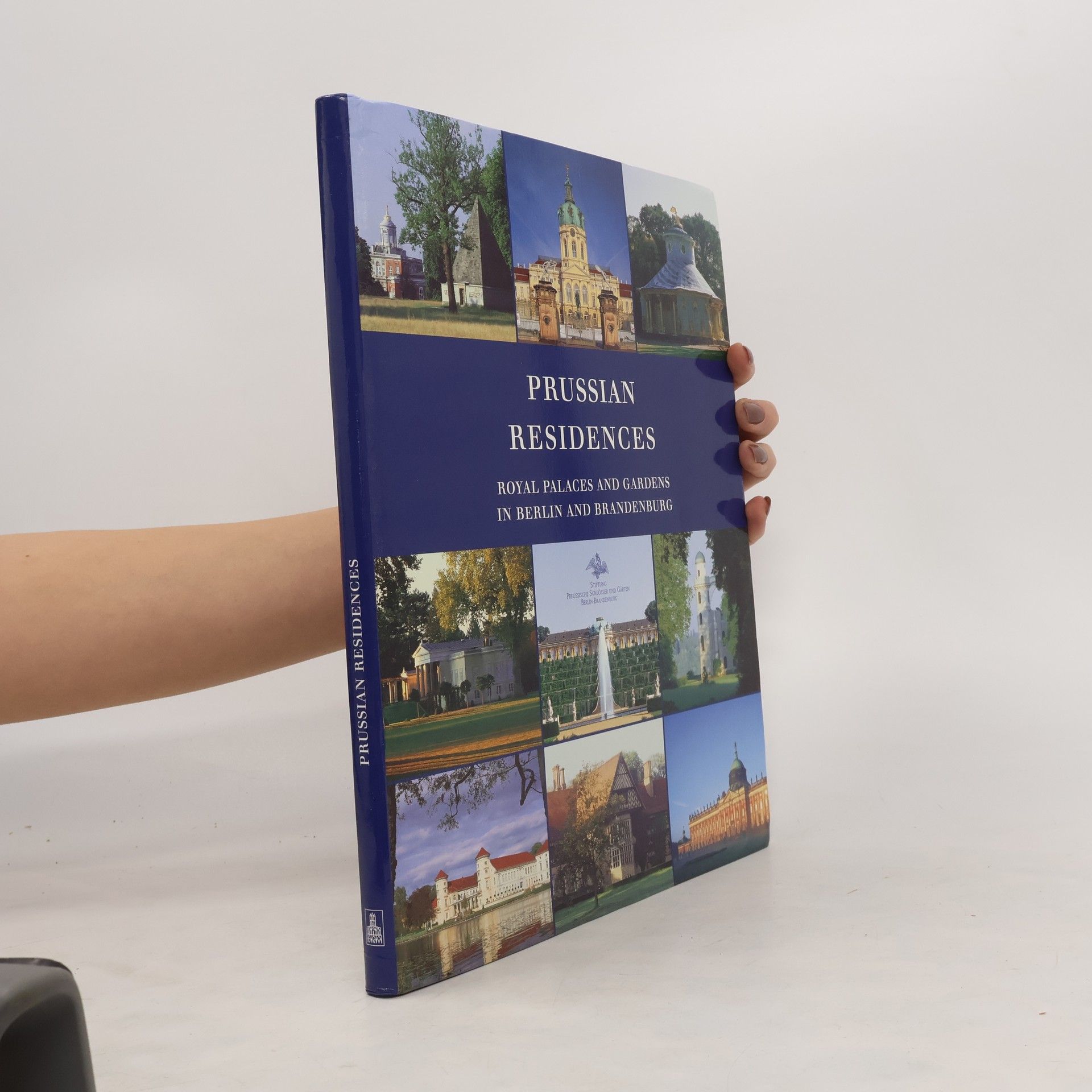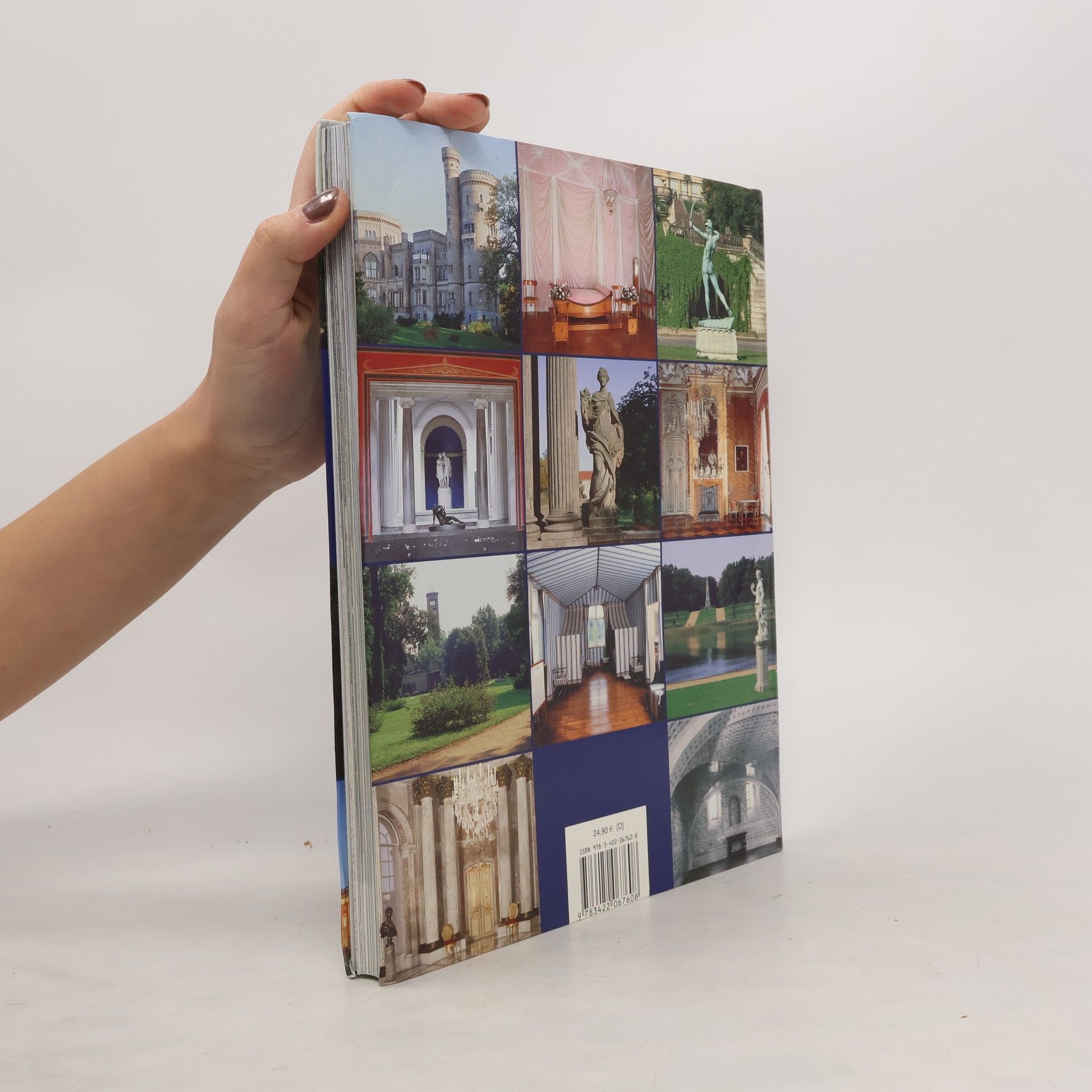More about the book
The book introduces all buildings of the Prussian kings that the Stiftung Preußischer Schlösser und Gärten Berlin-Brandenburg is in charge of today. Its central parts, the palaces and gardens in Berlin and Potsdam were added to the UNESCO World Heritage List in 1990. The palaces of the House of Hohenzollern in Berlin, Potsdam and Brandenburg are evidence of a tradition of courtly culture lasting almost 400 years. During this time the Prussian electors and kings had their residences built by the finest architects, decorated by the best artists and their gardens laid out by the most excellent garden designers of their time. The laying of the cornerstone of Grunewald Hunting Lodge, in 1542, marked the beginning of royal building activity and the completion of Cecilienhof Palace in Potsdam, in 1917, marked its end. Among the architects were such outstanding personalities as Nering, Knobelsdorff, Büring, Gontard, Langhans, Schinkel and Persius. Godeau, Eyserbeck and Lenné were among the garden designers. The building activities were concentrated on Berlin and later Potsdam, as a second seat of power, and on the surrounding Brandenburg Marches.
Book purchase
Prussian residences, Hartmut Dorgerloh
- Language
- Released
- 2013
Payment methods
No one has rated yet.


